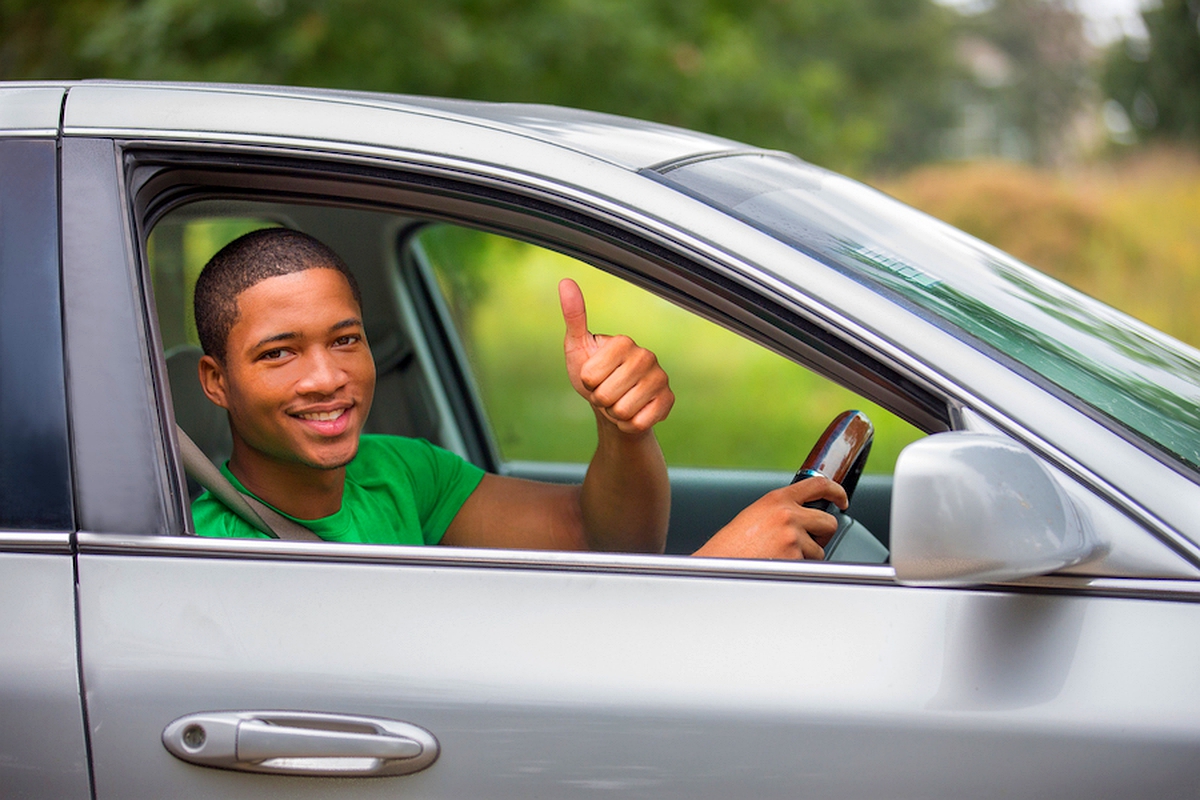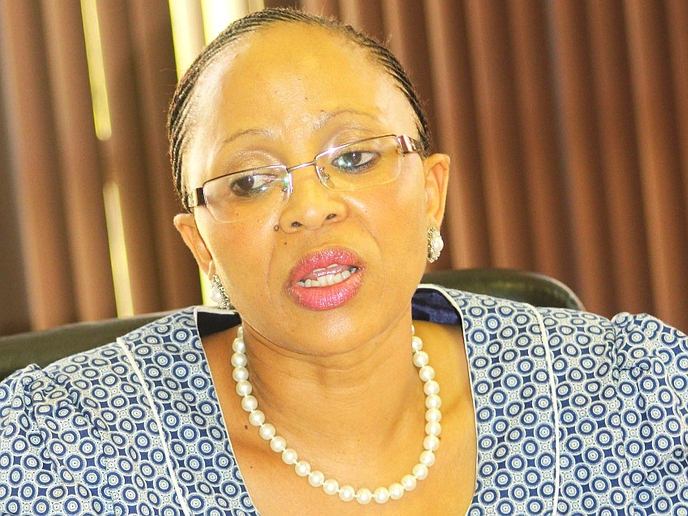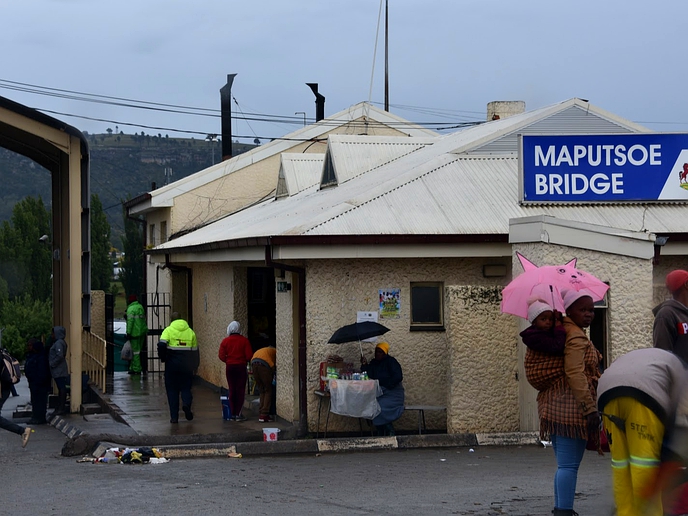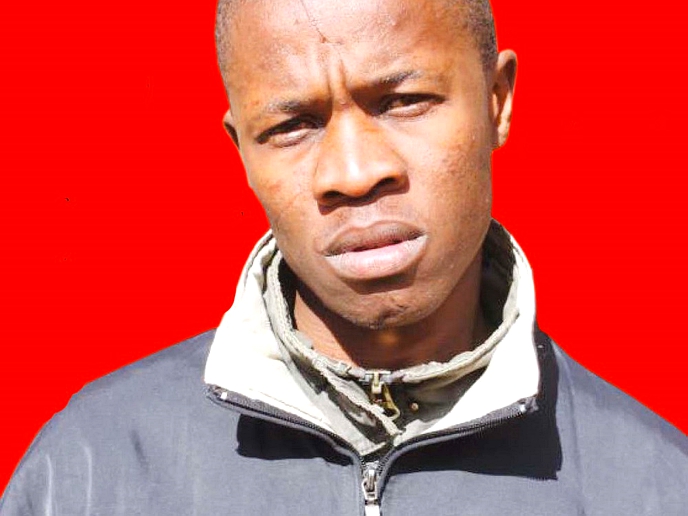As part of contributing efforts to reduce road accidents, two National University of Lesotho (NUL) have under the Research and Innovation Hub developed Driver Drowsiness (sleepiness) Detector (DDD) application system (App).
business
Feb. 14, 2020
STAFF REPORTER
2 min read
College students develop driver drowsiness detector

The duo Boitumelo Ntilane from Qacha's Nek and Thabo Khabele from Maseru are BA Computer Science final year students and they did this as their final year project under the supervision of their lecturers Napo Mosola and Molete Sekese. The App comes in a form of webcam which monitors the state of the driver focusing on the eyes. It has been trained to identify the eyes on driver's face. In an interview, Ntilane said similar App is already available but in certain car models which are very expensive saying they created this drowsiness App to cater for all car models.
Enjoy our daily newsletter from today
Access exclusive newsletters, along with previews of new media releases.
“When you start a car the App opens and the camera starts looking at you (driver) and it does so every second of your driving period looking specifically for how long you close your eyes,” he explained.
He said it detects driver's drowsiness for a period of three seconds saying if driver closes eyes within those seconds the alarm rings which he added sends information to three immediate family members whom the driver would have chosen when inserting the App. The family members will know that the driver is sleeping behind the wheel therefore encourage that driver get some rest.
He noted that since the webcam will be taking pictures which will be saved, the pictures can also be used to help police in case of accidents.
“Most of the time in case of accidents people claim to not know what happened before the accident especially where they became drowsy so the pictures would help police investigations so that they establish exactly what happened prior to accidents,” he added.
On the other hand, Khabele indicated that they have trained the App to identify all kinds of human eyes especially which have some unique features such as Chinese, or Japanese. He added that they used more than 2,000 faces of people of all races to train their App.
He went on to highlight that even though they are ready to install the App, their major problem is the hardware which he said they do not have as it is expensive emphasising that they need funding to kick-start the work.
“Our software is good and ready but we do not have the hardware because we do not have money to purchase it therefore we are appealing to business community and people of goodwill to assist us so that we can pursue our dream,” he added.
Since the establishment of NUL Incubation Hub in 2017, there are over 20 projects incubated. Most of the projects are founded by NUL students.
LeNA
Tailored for you






